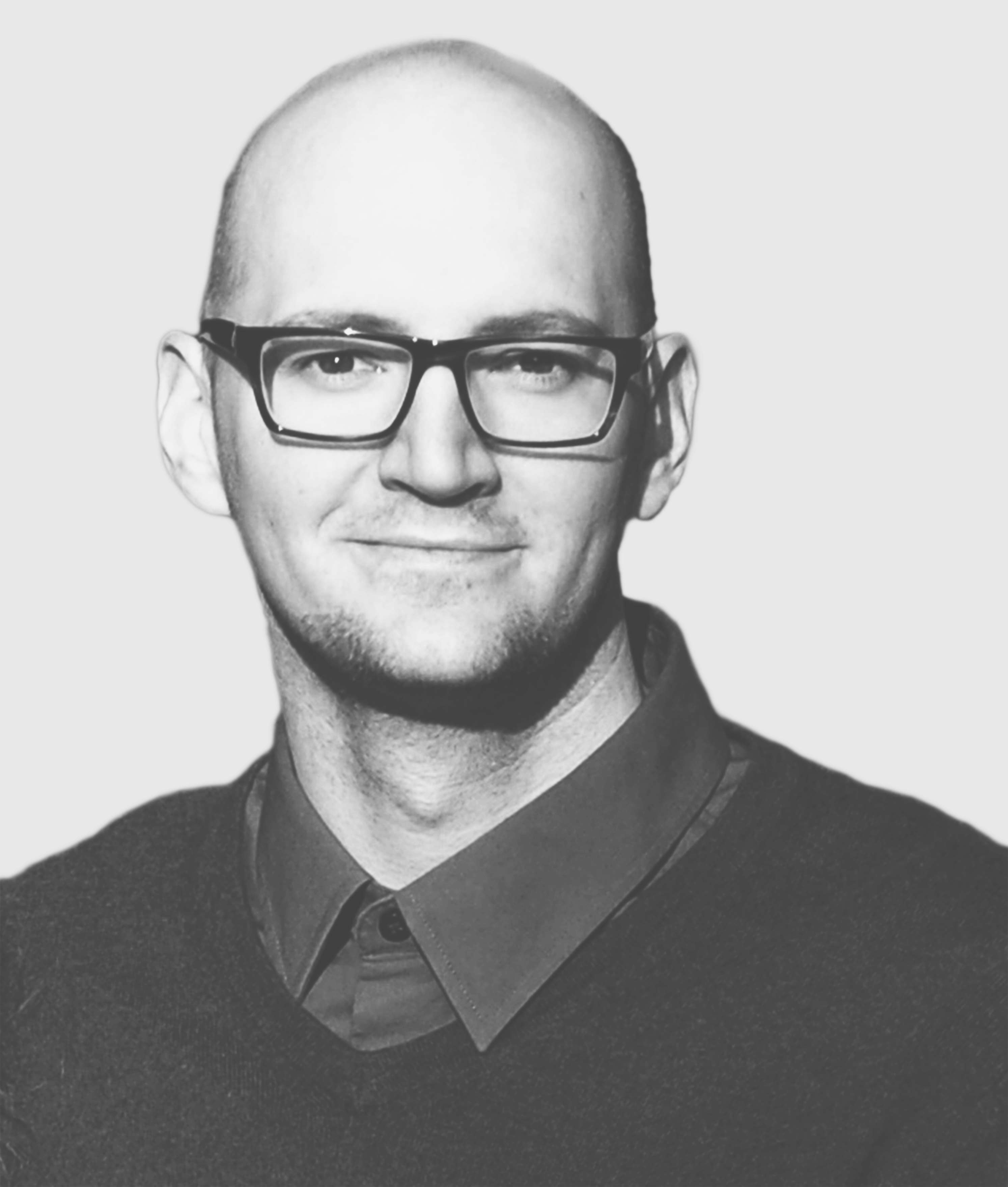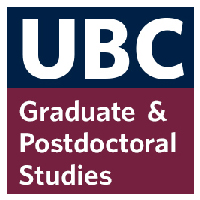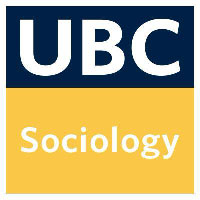[RA] At the Core

Current research initiatives are seeking to go beyond the discourse of ‘crisis’ in Canadian academia by documenting the occupational plurality that characterizes the career trajectory of PhDs after graduation (CAGS, TRaCE, HEQCO). With research largely focused on tracing where Canadian PhDs work—either within or outside universities— there has been minimal systematic data collection about the trajectory of PhDs working as social scientists in Canadian Academia over the last 50 years. In response, Relational Academia [RA] created the largest dataset to date detailing the trajectories of full-time faculty employed in social science disciplines at Canada’s 15 top research-intensive universities (U15) between 1977 and 2017. The objectives of [RA] are three-fold:
(1) Longitudinal documentation of attributes (e.g. education, gender, publication record, mobility, promotion patterns, etc.) of PhDs who “make it” on the tenure track in Canadian academia in order to address the crisis discourse claims of (I) early 21st century’s faculty retirement/hiring wave, (II) post-2008 Re-Americanization, and (III) the general state of the Canadianization movement since the late 1970s.
(2) Systematic network maps showing the active and passive ties between Canadian and international PhD-granting universities.
(3) Critical and theory-driven engagement with broader narratives around Canadian universities’ positions within global social science and scientific fields beyond the core-periphery framework.
Relational Currents
[RA] Events Over Time
-
Relational Academia is Formed
September 15th, 2012Shared experiences with the unwritten rules, forces, and powers in the academic field informed a realization that getting top grades, publishing, and going to conferences is not enough to reserve a spot on the tenure track. This clarity gave rise to an academic initiative aimed at uncovering the unwritten rules and forces that inform success in the academic field. Thus, 2012 marked the beginning of our passion driven and self-funded side-venture to map the academic trajectories and characteristics of the “successful” faculty who landed tenure track jobs in 15 of the top Canadian universities.
-
Collection of Relational Data Begins
October 15th, 2012Data collection begins.
Two years and hundreds of hours later, we complete a longitudinal dataset spanning 37 years that documents the academic trajectories of 4,727 social science faculty members who held positions in 15 of Canada’s top universities. -
AMS Impact Grant
Research Grant
March 17th, 2014Relational Academia receives the AMS Impact Award, supporting research projects striving to answer questions of concern to the community at UBC.
-
Why American Profs Stream North
Media Coverage
April 15th, 2016Relational Academia is interviewed by Justin Kong about U.S. PhDs in Canadian universities.
VIEW -
The Canadianization movement revisited
Presentation
June 2nd, 2016François Lachapelle presented his paper The Canadianization movement revisited: Canadian professoriate, envy-league, and the social sciences at the annual Canadian Sociological Association conference in Calgary, Alberta.
VIEW
-
Public Scholars Initiative
Research Grant
July 15th, 2016Relational Academia receives UBC's Public Scholars Initiative Award to support further data collection, professional development, and public scholarship.
LEARN MORE
-
Summer School in Higher Education
Institute of Sociology - University of Hanover, Germany
September 5-9, 2016François Lachapelle attended a 4 day summerschool in Higher Education Research and Science Studies: Science and Academic Careers, German Center for Higher Education Research and Science Studies (DZHW). He presented a paper titled The Global Canadian Academia Beyond Methodological Nationalism: Exploring Burris’ Relational Hypothesis of Networks of PhD Exchange.
VIEW
-
Higher Education Research Group
Seminar Presentation
October 21st, 2016As part of ongoing dialogue around the state of higher education in Canada, François Lachapelle presented a paper titled The Rise and Stall of the Canadianization Movement: Canadian Professoriate, Envy-League, and the Social Sciences, Evidences from 1978-2015
VISIT
-
Engaging Education for Public Good
PhDs Go Public Event
January 26th, 2017How can education go beyond the classroom to reach the lives of the public? In the first event of the 2017 PhDs Go Public Research Talk Series, François Lachapelle presents Homo Academicus: Who gets the job?
VIEW PRESENTATION
-
Best Student Paper Award
Canadian Sociological Association
May 2nd, 2017We are honoured to have won the award for best student paper at the 2017 Canadian Sociological Association conference for our co-authored paper, titled, "Canadianization Movement, American Imperialism, and Scholastic Stratification: Professorial Evidence from 1977 to 2017".
VIEW AWARDS
-
Replacing the Canadianization Generation
Canadian Review of Sociology
February, 2018Find our upcoming publication in the Canadian Review of Sociology, titled: "Replacing the Canadianization Generation: An Examination of Faculty Composition from 1977 through 2017".
VIEW ARTICLE
Relational Data
Dimensions of the Collection Process
-
Outcome
Our current data consists of 4,934 complete academic histories of full-time social science faculty who worked at U15 Universities between 1977 and 2017. -
Time Series
Guided by the importance of having the first data point prior to the federal implementation of the Canadian First Policy in 1982 – at the culminating point of the Canadianization movement — data was collected across five time points: 1977, 1987, 1997, 2007 and 2017.
-
U15
Sampling of Universities considered the presence of a PhD-granting program in all five selected disciplines and across all time points. The choice was made to sample U15 Universities, an association of Canada’s top 15 research-intensive Universities formed in 1985 by Ontario’s to establish an inter-provincial collective advocating for more govertmental investment in the Candian field of university-based research and innovation. The collective consists of: University of Alberta, University of British Columbia, University of Calgary, Dalhousie University, Université Laval, University of Manitoba, McGill University, McMaster University, Université de Montréal, University of Ottawa, Queen’s University, University of Saskatchewan, University of Toronto, University of Waterloo, and Western University.
-
Departments
Beginning with a focus on the comparatively understudied social scientific disciplines, departmental choices were primarily informed by their presence over time and in the U15. These criteria led to the selection of Anthropology, Economics, Political Science, Psychology, Sociology, all of which are active departments at all U15 universities from 1977-2017.
Visual Academia [VA]
Relational Network Map 1977-2017
CLICK the image to view a fully explorable relational network map detailing the social science faculty composition of U15 Universities in Canada between 1977 and 2017. Click on nodes to view in-degree (which universities faculty from the selected university received their PhDs from) and out-degree (which universities the selected university placed their graduates at).
Size of Nodes: The University nodes (circles with university names) in the graph represent universities where U15 faculty received their PhDs. The size of the nodes visually represents the number of U15 faculty who received their PhD from that university between 1977 and 2017. A larger sized node also gives a visual depiction of how successful a university has been in placing full-time faculty at U15 universities between 1977-2017, schools such as Toronto, UBC, McGill, Queen’s, and Harvard highlights these schools’ successful PhD placement in U15 networks compared to the rest.
Colours: Blue nodes represent US universities, red nodes represent Canadian universities, yellow nodes represent UK universities, purple nodes represent France, and green nodes represent the Netherlands.
Proximity of Nodes: The stronger a connection between universities, the closer they are in proximity to one another. The relative proximity of Toronto, UBC, Queen’s, Princeton, Yale, and Stanford for instance reveals the existence of networks of PhDs association between these specific schools.
Central Nodes
François Lachapelle
PhD, Sociology, UBC

Sociologist of science and intellectual historian preoccupied with ‘Science 3’ (see Gibbons et al. for Science 1 & 2 1994) or mapping early 21st century mobility networks of embodied ideas and knowledge translation between global scientific fields’ centers and peripheries.





